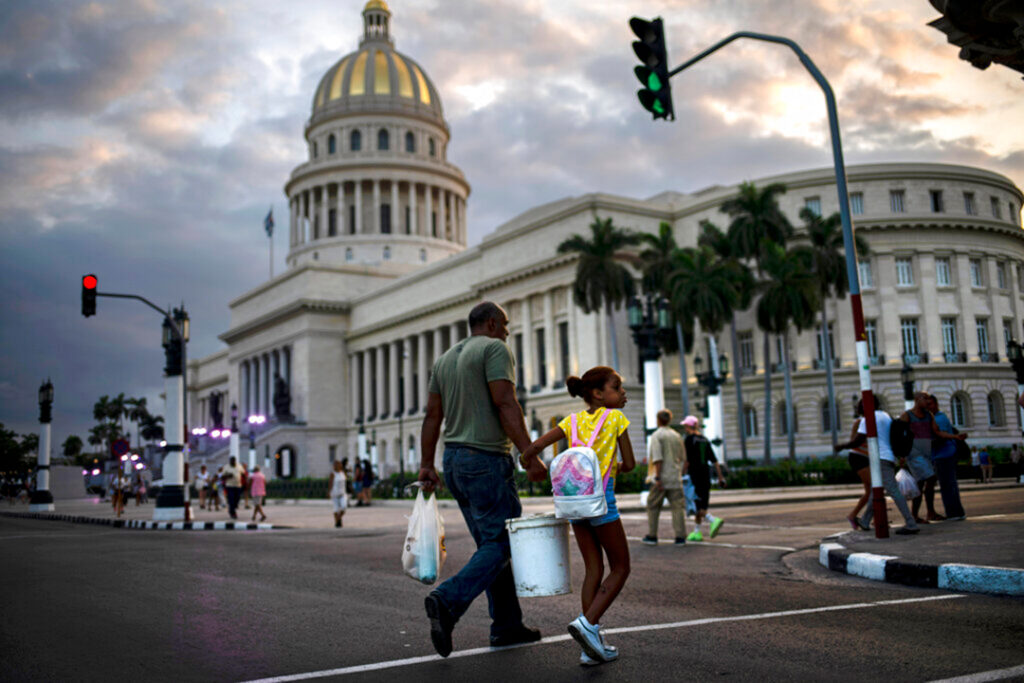REUTERS
The Biden administration on May 20, 2022, once again placed Cuba on a short list of countries the United States alleges are “not cooperating fully” in its fight against terrorism, further inflaming tensions with its longtime rival.
Secretary of State Antony Blinken, in the final assessment published in the U.S. Federal Register, named Cuba among five countries — along with Iran, North Korea, Venezuela and Syria — that the U.S. says fall short of its expectations.
The State Department is required by law to provide this list annually to the U.S. Congress.
Cuban Foreign Minister Bruno Rodriguez anticipated the move on May 19, 2022, calling a draft notice from May 11 signed by Blinken “one more lie” coming from Washington.
The U.S. assessment is almost identical to the one issued by the Biden administration a year ago, which stuck with the Trump administration’s determination. A U.S. State Department spokesperson said the decision was the result of a review of “counterterrorism objectives with that country and a realistic assessment of its capabilities.”
The decision follows the Biden administration’s move to partially roll back some Trump-era restrictions on remittances and travel to the Communist-ruled island —measures that Havana has blasted as sparse on details and politically driven.
Tensions on both sides have risen over signals that Cuba — along with Nicaragua and Venezuelan President Nicolas Maduro’s government — could be excluded from the U.S.-hosted Summit of the Americas in June 2022. (Pictured: People walk by the recently renovated capital building in Havana, Cuba.)
The recent assessment of Cuba’s cooperation in the terrorism fight isn’t the only review in the works. Former U.S. President Donald Trump separately designated Cuba a state sponsor of terrorism just before leaving office. The Biden administration said that designation is still under review.
IMAGE CREDIT: THE ASSOCIATED PRESS

